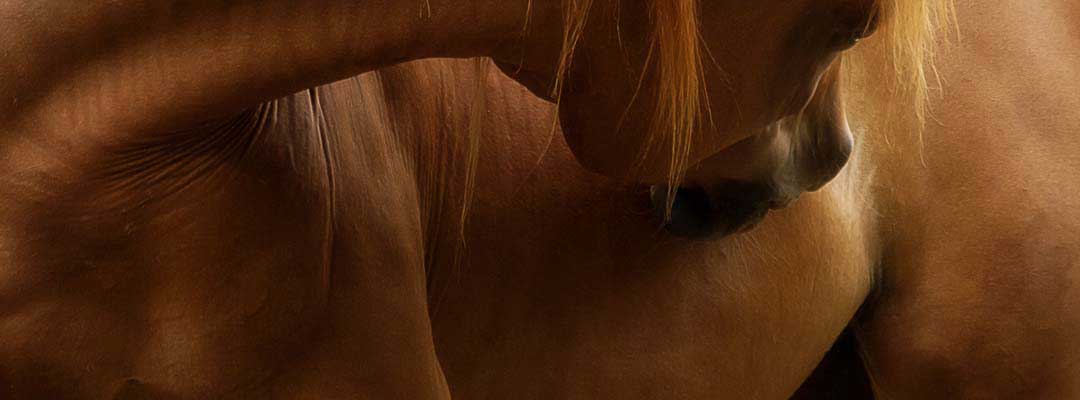Colic in Horses, Explained
Understand signs of colic in horses and horse colic treatment recommendations

Colic is a potentially fatal condition that is on every horse owner’s mind. The severity of colic ranges from simple abdominal pain to potentially life-threatening, sometimes requiring surgical treatment.
On an annual basis, for every 100 horses, there will be 4.2 colic events; 1.2 percent will require surgery and some 11 percent of cases will be fatal, according to the American Association of Equine Practitioners and the National Animal Health Monitoring System (NAHMS).
Causes of Colic in Horses
Caused by any number of factors, colic can be categorized by impaction colic, when feed materials build up in the gut of the horse. This is often caused by coarse feed, poor water intake, or a block in the digestive tract. Also common is gas colic, when the microbes in the colon excessively produce amounts of gas. This can be caused by changes in feed. A shift in the colon can cause the intestines to flip or twist, leading to impactions and gas build-up. When the colon twists, emergency surgery is immediately required. Ulcers, poor motility and blood supply also contribute to the condition.
Signs of Colic in Horses
There are varying symptoms of colic in horses:
Steps to Take with Colic in Horses
If you notice mild signs and suspect your horse may be experiencing colic, immediately bring him to a confined area to closely monitor him. Watch for any change in attitude, signs of pain or manure output. Walking your horse can provide pain relief and help your horse, if he is experiencing cramps or colic. Doing so also helps prevent your horse from rolling. Discontinue walking if you notice that doing so progresses the pain and overall symptoms.
If your horse continues to display these symptoms and act abnormally, call your veterinarian. And if you have not observed your horse in several hours and notice these symptoms, immediately contact your veterinarian, as it is possible your horse has experienced colic for an extended period of time.
What to do While Waiting for Your Veterinarian
Colic Treatment
Fortunately, more than 80 percent of colic types have positive outcomes when treated on the farm. Prescription medications for colic help ease abdominal pain and reduce inflammation. Banamine and Buscopan are the industry go-tos for providing mild pain relief. The antispasmodic properties of Buscopan help with gas-related colic, spasmodic colic, and some impactions. Phenylbutazone also can reduce inflammation and relieve some pain from colic. Digestive supplements, like Succeed, also help support a healthy digestive system for reduced colic risk.


